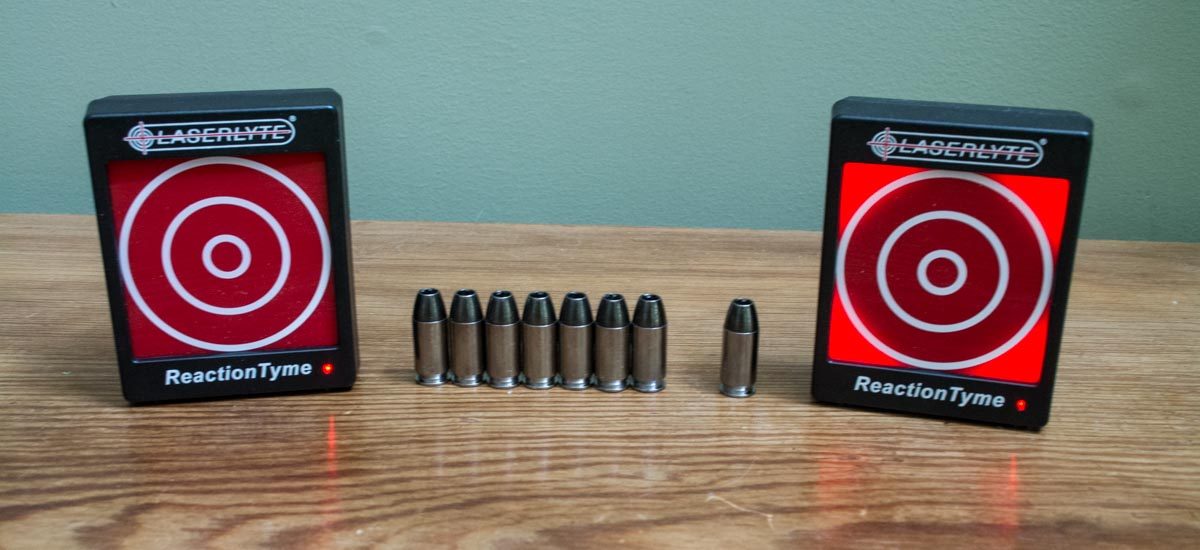
LaserLyte’s Reaction Tyme Targets. I place my carry ammo near them as a visual indicator that I’m practicing with an unloaded gun.
Out of all the steps you have to take in order to fire a perfectly accurate shot, I contend that properly pressing the trigger is the easiest of them all to screw up.
It’s fairly easy to point sights at a target. Keeping those sights from moving off target is less easy, but not particularly difficult. Pressing a trigger with three and a half to twelve pounds of force, without moving your gun at all, is an entirely different matter. That’s difficult to do, and it takes practice. If you have any hope at all of executing this skill while under a little bit of stress, as in a competition, or under a mountain of stress, when fighting for your life, you need to ingrain this skill into your subconscious. It has to become as natural an action as breathing or eating donuts.
Dry-fire practice is an excellent way to improve your trigger control. You can do it thousands of times, for free, in the comfort of your own home. There’s no bang or recoil to make you jump and flinch. You can take your time, focus, and practice slow, deliberate, and perfect trigger presses until you become an expert trigger presser.
Dry fire is so easy, you can do it every day—except hardly anyone does, present company included. Why? It’s totally boring. Yeah, I know, some of you out there practice dry-firing religiously. Thanks for making the rest of us feel guilty and inadequate. The rest of us can benefit from figuring out how to make it more fun. As the great philosopher Captain Jack Sparrow said, “The problem is not the problem. The problem is your attitude about the problem.” He’s right. If we can improve our attitudes about dry-fire practice, we will be more successful.
Good Times With No Ammo
Recently, I found a way to make dry fire not only tolerable, but fun. After an education session at the LaserLyte booth during this year’s National Rifle Association Annual Meeting, the kind folks there sent me a couple of Reaction Tyme Laser Trainer Targets.


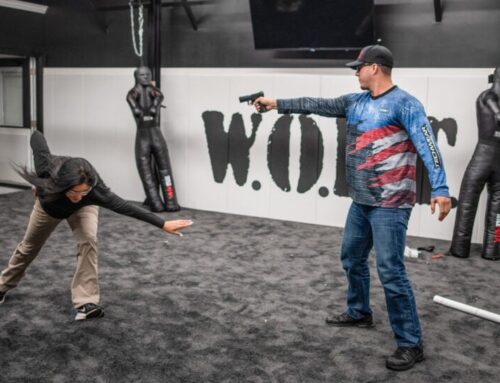
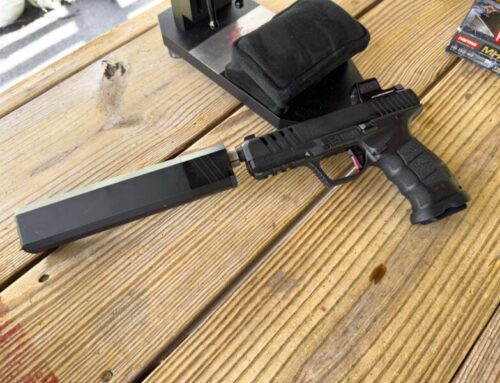
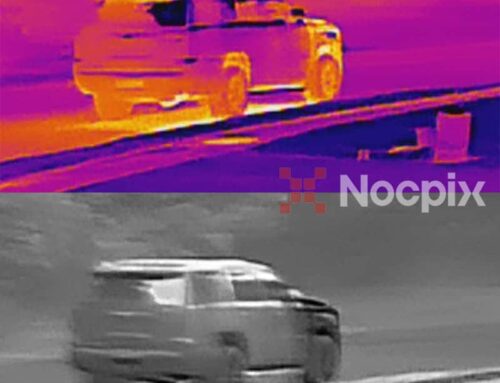
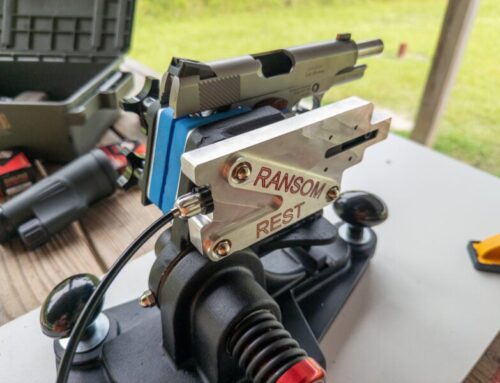
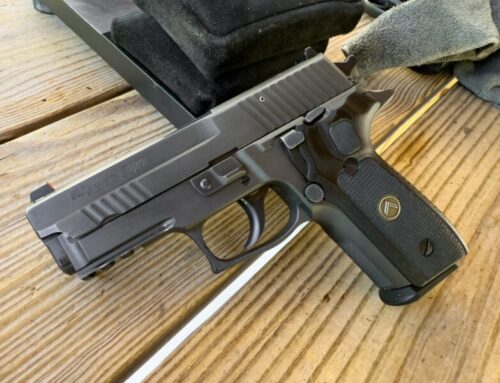
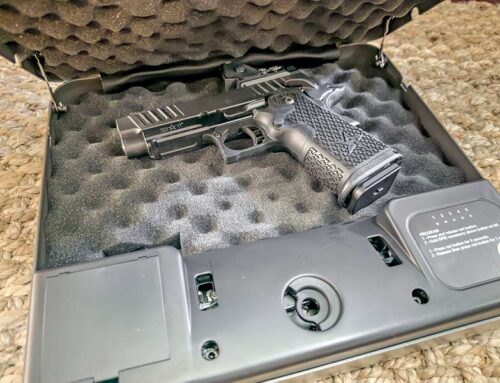
“Out of all the steps you have to take in order to fire a perfectly accurate shot, I contend that properly pressing the trigger is the easiest of them all to screw up.”
So you’ve jumped on the recent “press” the trigger semantics bandwagon too, Tom? I’m don’t really care much about the semantics, but I guess I’m one of the few people who have thought about it and I actually prefer the word that’s falling out of fashion–“squeeze.” The reason I prefer “squeeze” to “press” is it more completely describes the proper and most efficacious actuation of a trigger. “Squeeze” implies that one is applying force to both sides of something–which is exactly what we are doing when we actuate a trigger. It is important to realized that while a shooter may be pressing on the trigger the trigger, that force must be opposed by an opposite force provided by one’s grip and hold on the firearm. In the case of a very hold-sensitive gun, like a springer air rifle, the opposing force is often applied only by a shooter’s thumb lying above the stock’s grip or waist. Regardless, of the gun, I think it’s important to apply the opposing force with one’s trigger hand. How well would it work to only “press” a rifle trigger with your trigger finger while supplying the opposing force only with your support hand on the forearm or the gun or shoulder at the butt of the stock? With the trigger hand poorly anchored by not supplying the opposing force, I doubt it would work very well at all.
Even though I don’t care much how people describe the actuation of a trigger, I’m sticking with “squeeze!” The squeeze is performed with one hand. In fact, I don’t think “press” is much better than the outdated word, “pull.”
That’s a fair, and accurate point! I don’t know that I’ve gotten on a “press” bandwagon as much as that I’ve just tended to avoid “pull” as it implies rapid and jerky movement. Pull makes me think of tug of war and opening canned drinks, both of which tend to make messes on occasion. With that said, I would agree with you that “squeeze” is more technically accurate while implying a smooth action. When I think of the word “squeeze” things like boa constrictors that work slowly and deliberately come to mind, and I hate snakes 🙂
[…] From Laserlyte. […]